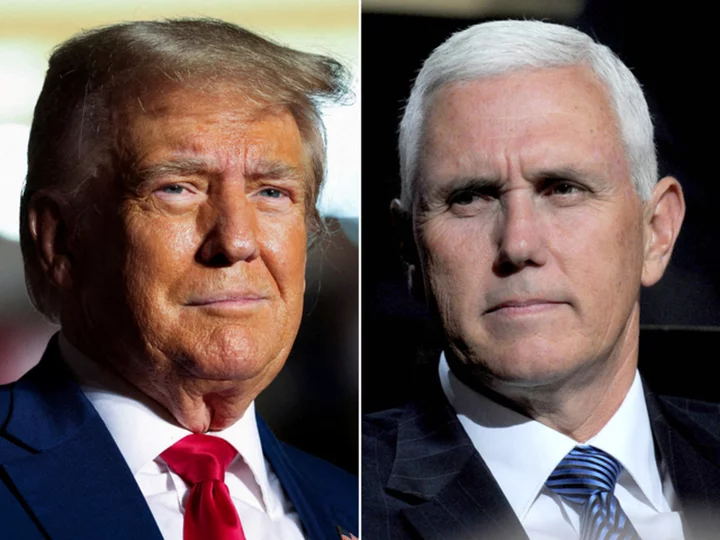By Lisa Richwine and Dawn Chmielewski
LOS ANGELES Walt Disney Co reduced losses in its streaming media unit by more than $400 million from the prior quarter, the company said on Wednesday as it reported earnings in line with Wall Street expectations.
Shares of Disney fell 2.6% to $98.45 in after-hours trading.
A price increase and reduced marketing expenses helped improve the performance of the streaming unit, which ended the January-through-March quarter with an operating loss of $659 million. In the prior quarter, the division lost $1.1 billion.
Overall, diluted earnings per share came in at 93 cents, meeting the consensus forecast of analysts polled by Refinitiv. Revenue hit $21.82 billion, slightly above analyst projections of $21.79 billion.
(Graphic: Disney's streaming losses shrink with Iger's return - https://www.reuters.com/graphics/DISNEY-RESULTS/lbvggdgkzvq/chart.png)
The company's theme parks kept humming with visitors, with growth at its Shanghai Disney Resort, Disneyland Paris and Hong Kong Disneyland Resort helping lift operating income at the unit by 23% from a year earlier to $2.2 billion.
"We’re pleased with our accomplishments this quarter, including the improved financial performance of our streaming business, which reflect the strategic changes we’ve been making throughout the company to realign Disney for sustained growth and success," Chief Executive Bob Iger said in a statement.
Total subscribers to the flagship Disney+ service dropped by 4 million from the previous quarter to 157.8 million.
Most of the defections came from the Disney+ Hotstar offering in India after it lost streaming rights to Indian Premier League cricket matches. Disney also shed 300,000 customers in the United States and Canada, where it raised prices last December.
(Graphic: Disney+ posts second straight quarter of subscriber loss - https://www.reuters.com/graphics/DISNEY-RESULTS/zgpobkzqxvd/chart.png)
Chief Financial Officer Christine McCarthy had warned in February that the company expected "modestly higher" cancellations because of the price increase.
Wall Street has been pressuring media companies to make profits from the billions of dollars they have poured into streaming in recent years to compete with Netflix Inc.
Iger, who came out of retirement in November to tackle the company's challenges, announced a revamp in February that included a promise of eliminating $5.5 billion in costs, partly through 7,000 job cuts.
As Disney tries to build streaming, its traditional television business faces hurdles. Operating income at linear networks dropped 35% from a year earlier to $1.8 billion, partly from higher sports programming and production costs related to the College Football Playoffs and the NFL at ESPN, and lower advertising revenue at ABC and at its owned television stations.
(Reporting by Lisa Richwine and Dawn Chmielewski in Los Angeles; Additional reporting by Chavi Mehta in Bengaluru; Editing by Matthew Lewis)









